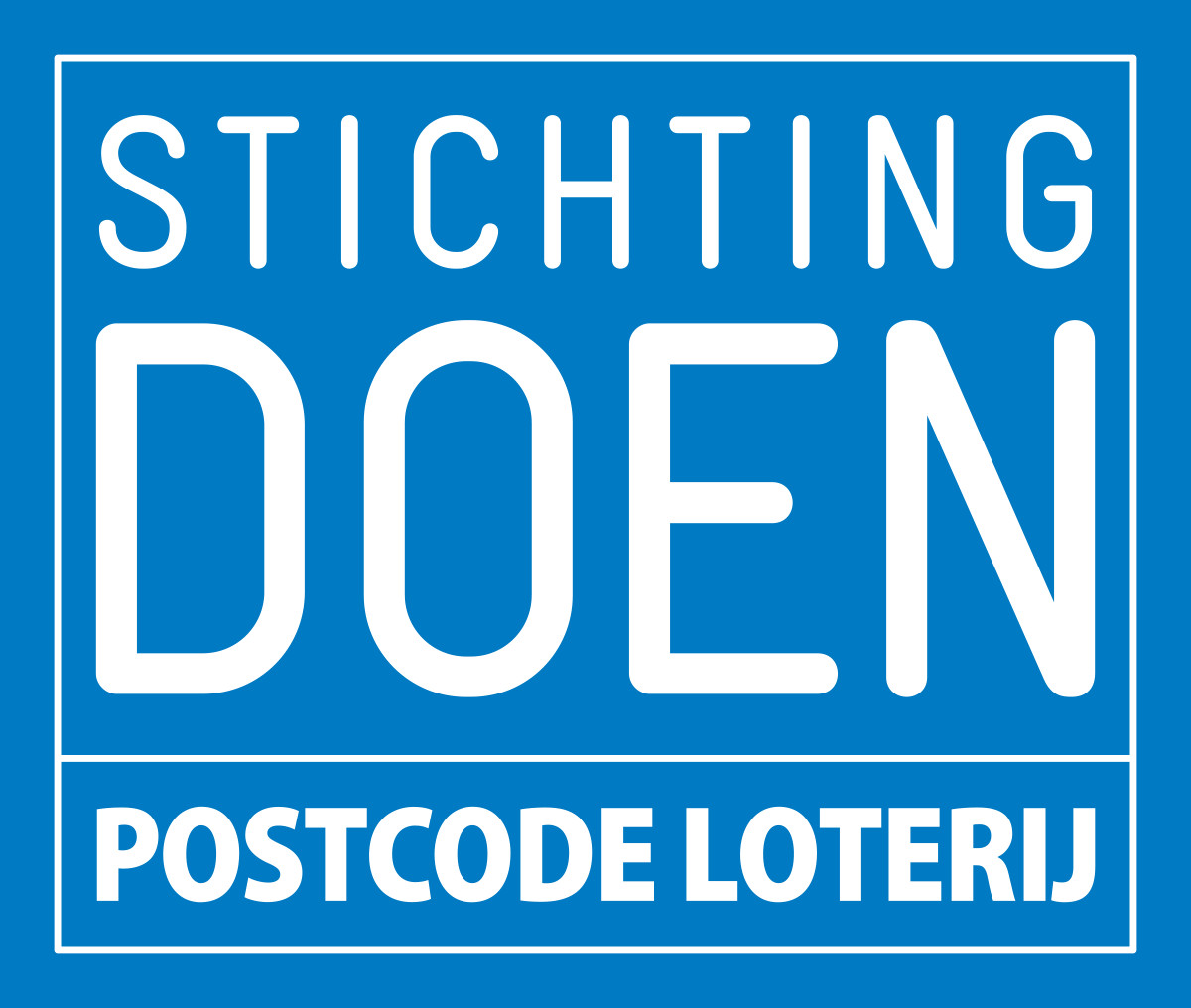The Netherlands has an increasing number of social enterprises, where making money is not a main goal but a means to make the world a little better. Enterprises that follow the principles of the Social Enterprise Code subscribe to - and are included in the Register of Social Enterprises - prove daily what they stand for: impact first!
What is the Social Enterprise Code
De Code Sociale Ondernemingen is gebaseerd op dé grondslag van sociaal ondernemen: ‘impact first’. De Code omvat 5 principes, die tezamen laten zien waar sociaal ondernemen voor staat. Elk van de 5 principes wordt in de Code gevolgd door een praktische uitwerking. De sociaal ondernemer kan ervoor kiezen die principes – en daarmee de Code – te onderschrijven. Voegt de onderneming ook echt de daad bij het woord en doorstaat deze de beoordeling door de Review Board, dan wordt de sociale onderneming opgenomen in het Register Sociale Ondernemingen.

What is the purpose of the Social Enterprise Code?
The Social Business Code creates recognition and trust. If a company is included in the Register, everyone - from consumers to government and from employees to investors - can see that, deep down, it is a social enterprise.
The Code is also a tool on the road to development and professionalization of the social entrepreneur: social entrepreneurship is a process and in that process the Code can act as a guide. By joining the Register, the social entrepreneur becomes part of a community of passionate colleagues who, each in their own way, pursue the same goal: impact first!
Furthermore, the Code is a solid policy tool for stakeholders such as municipalities, government, investors and corporates to connect with social enterprises. This connection offers new opportunities to work together on social innovation and increasing positive social impact.
It is important to arrive at a widely supported Code so that true social entrepreneurs can continue to distinguish themselves
Sjoerd van der Maaden, Founder and Managing Director Specialisterren
How did the Social Enterprise Code come about?
The Social Enterprise Code was developed by an independent committee in 2017, at the request of Social Enterprise NL. Subsequently, the workability of the Code was extensively tested by a group of early adopters. In December 2018, the independent Social Enterprise Code Foundation was established to roll out and manage the Code - and the Register - in the Netherlands. The Code is a living document: advancing insight can lead to improvements. Every two to three years, the Code is evaluated - and revised where necessary - under the responsibility of the Board of the Foundation.
How does the Social Enterprise Code work?
Each application by a social entrepreneur is followed by an assessment process. If this process leads to admission, the social enterprise is included in the Register of Social Enterprises. A formal reassessment takes place every two years to see if the five principles of the Code are still being fully complied with within the company. A peer review (by fellow entrepreneurs from the Register) also takes place regularly in the interim. This is mainly aimed at evaluation and advice. This creates a system in which the 'impact first' basis remains guaranteed through formal assessment, while peer reviews ensure mutual reinforcement and growth.
Positioning Social Enterprise NL and the Social Enterprise Code.
Social Enterprise NL en de Code Sociale Ondernemingen zijn aanvullend aan elkaar en samen werken we aan de groei en professionalisering van de sector. Wat de overeenkomsten en verschillen zijn en hoe ons lidmaatschap aanvullend is aan de deelname aan het Register Sociale ondernemingen lees je in het artikel.
For example, we are both committed to strong growth of the social enterprise sector and want to connect it with key stakeholders. From Social Enterprise NL we do this mainly by bringing social entrepreneurs together and creating mutual connections. Furthermore, we naturally conduct an active lobby to put current and urgent issues surrounding social entrepreneurship on the map. The Code does this by focusing on the recognition of social enterprises. The Code verifies whether the enterprise acts impact first and thus provides a formal framework for governments and other stakeholders to determine policy. With dit artikel we want to create more clarity about what role each organization occupies in the field of social entrepreneurship.
Curious?
For more information, view www.codesocialeondernemingen.nl


